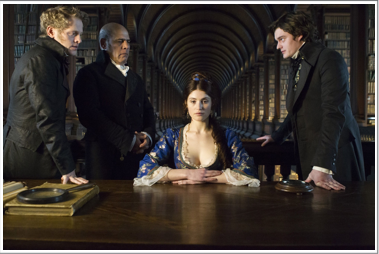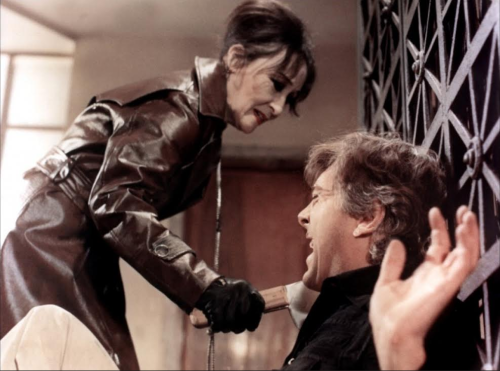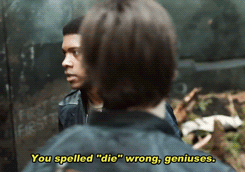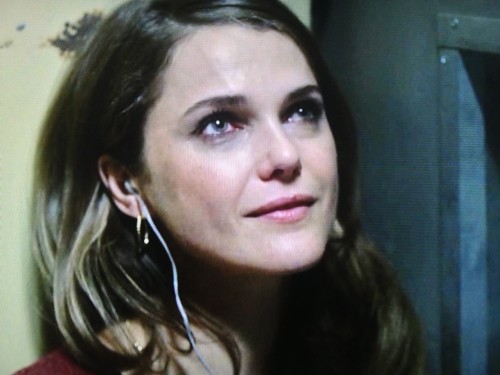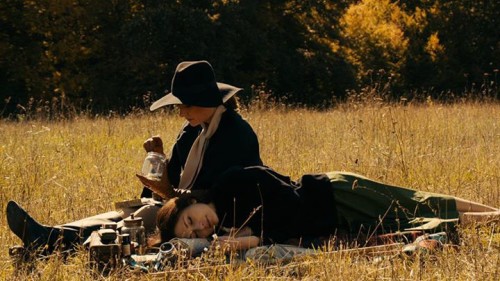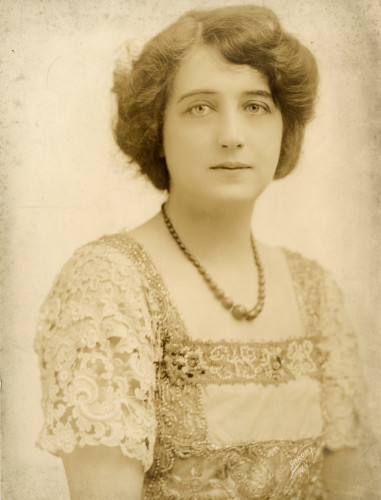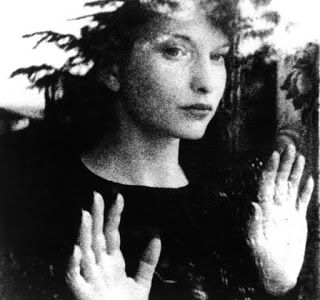Nobody Puts Susan Cooper in the Basement: Melissa McCarthy and Skillful, Competent Violence in Film
As McCarthy tousles with her own nemesis in the kitchen fight, Feig uses slow motion to let us savor the violence and bird’s eye shots to let us see the controlled swings of Cooper’s arms and legs as she fights. The violence is not slapstick. The violence is not played for laughs. The violence is just flat-out cinematically terrific.

